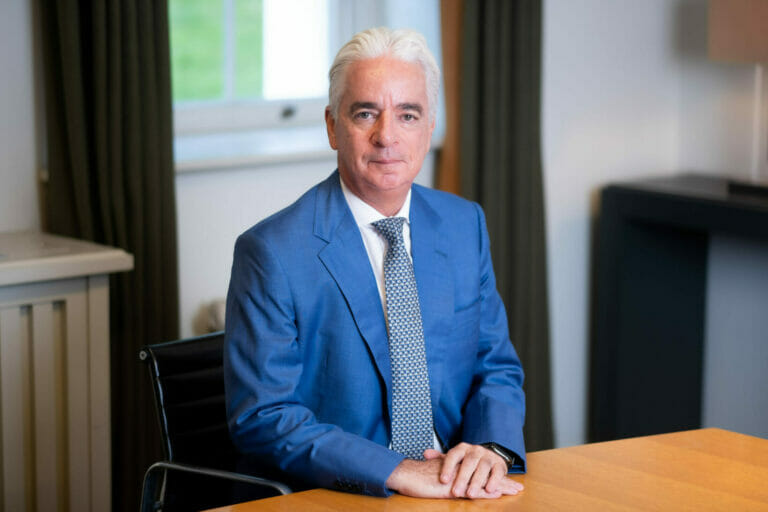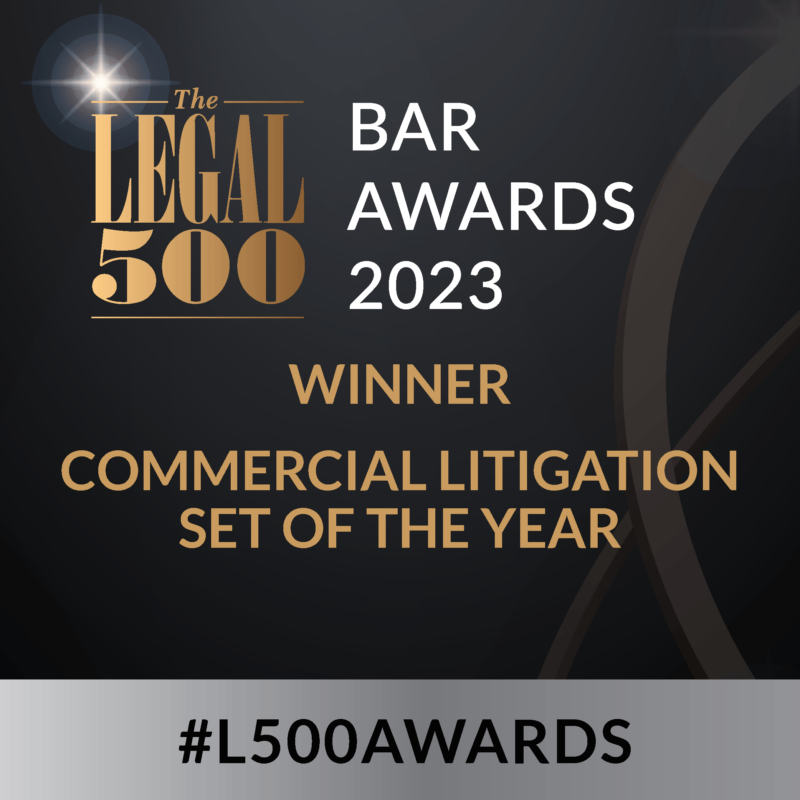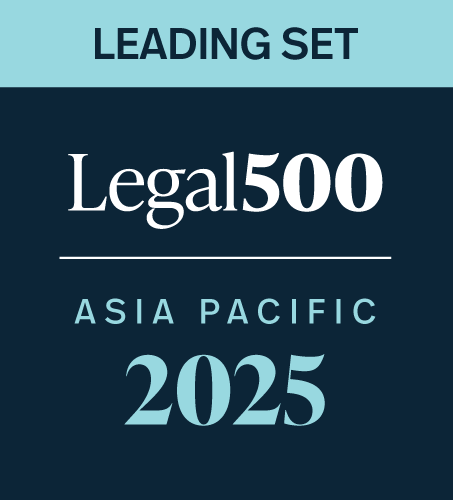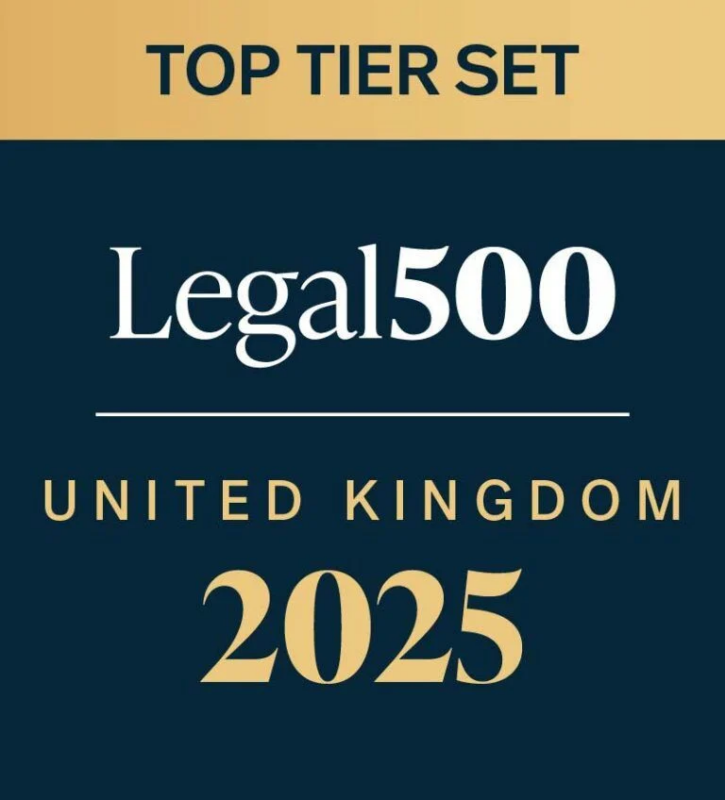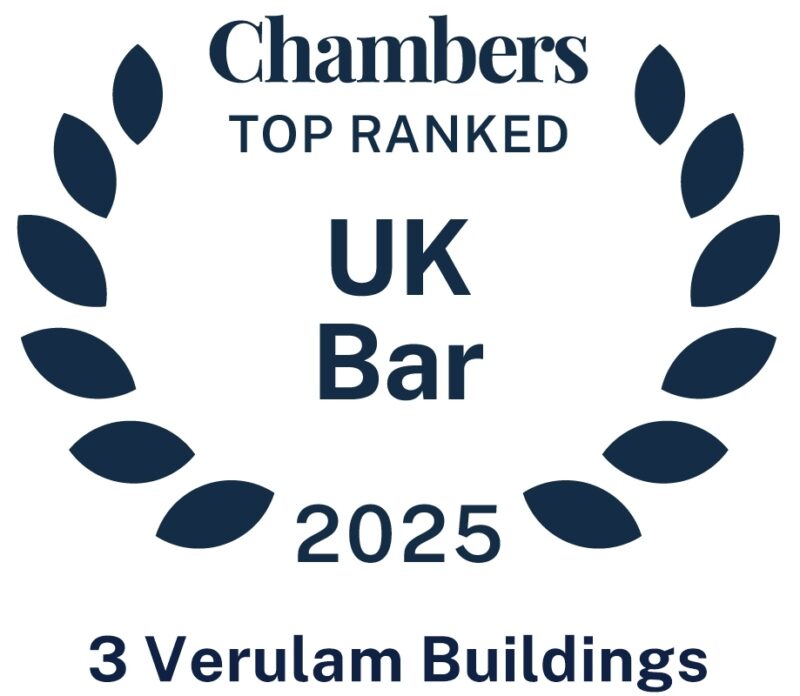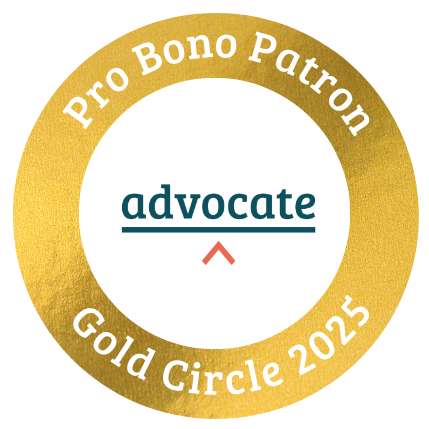PJSC Commercial Bank Privatbank v Kolomoisky [2018] EWHC 3308 (Ch)
In late 2017, a Ukrainian bank, PrivatBank, obtained a without notice freezing injunction freezing the assets of its former shareholders, Mr Kolomoisky and Mr Bogolyubov, up to a value of US$2.8 billion. On 23 November 2018, Mr Justice Fancourt discharged that injunction on the grounds of deliberate non-disclosure and misrepresentation. The bank had claimed that the defendants were parties to a huge fraud, by which money was siphoned out of the bank as loans to Ukrainian borrowers and then further dissipated under sham purchase agreements with foreign suppliers. The bank had failed properly to explain, however, that a substantial proportion of those loans had been repaid by the borrowers and, as a result, its claim had been substantially inflated and any apparent connection with England overstated.
The Judge also ruled that the bank’s claims against three English corporate defendants was an abuse of Article 6 of the Lugano Convention because it had been brought for the sole purpose of bringing its claims against Mr Kolomoisky and Mr Bogolyubov, who were both domiciled in Switzerland, in England. Accordingly, the English court had no jurisdiction against them. Those claims had no real connection with England and the Judge would in any event have granted a stay in favour of related proceedings in Ukraine, through the reflexive application of Article 28 of the Lugano Convention. He awarded Mr Bogolyubov his costs on an indemnity basis.
Fancourt J granted the bank permission to appeal his findings in relation to Articles 6 and 28, but refused permission in respect of the material non-disclosure. He stayed the discharge of the injunction for a short period to enable the bank to seek such permission from the Court of Appeal.
Ali Malek QC and Matthew Parker of 3VB represented Mr Bogolyubov on the application to discharge the freezing injunction and challenging jurisdiction and Nathaniel Bird appeared on earlier applications concerning the scope of the injunction. They were instructed by David Kavanagh QC and David Edwards of Skadden, Arps, Slate, Meagher & Flom (UK). Latterly, Matthew Parker was instructed by George Maling of Enyo Law to deal with consequential issues.
To view the full judgment, please click here.
_-_3VBBarristers..jpg)

